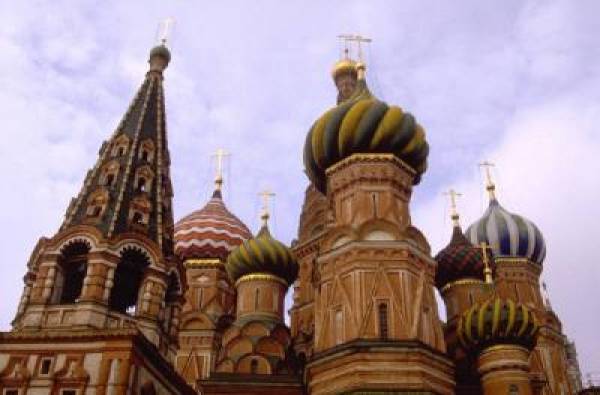Russia Sweetens the pot for Global Gambling Giants

* Vladivostok casino zone offering near zero tax rate
* First phase scheduled for 2016 completion
* Up to 12 casino-resorts anticipated for region
* Revenues forecast at $2 billion to $7 billion
By Farah Master
HONG KONG, July 12 (Reuters) - A Russian territory hoping to lure global casino titans to set up large-scale resorts has unveiled initial guidelines that offer companies more lucrative terms than Macau and Singapore, intensifying the race to secure investments in Asia's expanding gambling industry.
Russia's move to attract international companies comes at a time when other Asian countries, including the Philippines and Vietnam, are developing casino resorts to boost tourism revenues. Taiwan's Matsu island group also voted recently to allow casino resorts.
Home to the port city of Vladivostok, Russia's Primorsky Territory, a mountainous region bordering China and Korea, is planning to develop 12 casinos with the first phase of a three-part rollout to be completed by 2016 and a planned total investment of about $2 billion.
In a document made public on Thursday, state-owned Nash Dom Primorye, the developer, invited companies to bid on the project, promising favourable lease terms and effectively zero taxes on gross gambling revenues in exchange for creating jobs and developing the area's tourism industry.
Macau, the world's gambling capital, has a 39 percent tax on gross gambling revenue, while Singapore taxes gambling revenue at around 15 percent.
Companies bidding for the Russian project should focus on generating inbound tourism from East Asia, specifically South Korea, Japan and greater China, the filing said. Operators in locales like Macau and Singapore will still provide tough competition, but the Russian region could attract gamblers from northern China who won't have to travel as far.
Vladivostok, which has been undergoing a facelift ahead of hosting the APEC summit in September, is two hours by plane from Seoul and Tokyo.
Revenues from the tourism zone, which will include luxury hotels, a yacht club, shopping malls and sporting venues for skiing and golf, could hit $2 billion-$7 billion once the zone is complete, industry analysts have said. That would compare to Singapore, which earned $5.7 billion in gambling revenue in 2011, they said.
Russian nationals will be able to legally gamble in the zone, which means the market will be much larger than in countries such as Vietnam, where only foreign passport holders can gamble.
The zone, which can accommodate about five large resorts, will give operators control of the land until 2025 under terms that can be extended.
There is no maximum restriction on the amount of allowable casino gambling space, but the government wants companies to ensure that non-gambling revenues make up a large proportion of total revenues on a model similar to Las Vegas, a resort destination popular with conventions.
Casino operators will be allowed to compete on the extension of credit to gamblers, according to the Request for Concepts document. Bidders are also being asked to suggest how junket companies, who act as a conduit in bringing in wealthy high rollers, should be regulated.
"At present, there is no legislation in the Russian Federation that regulates junkets and junket licencing," said Marina Lomakina, general director of OJSC Nash Dom Primorye.
"However, we envision that in the future the integrated entertainment zone will be closer to that of Las Vegas than to the stricter controls that we see in Singapore."
Russia was using a process similar to that used by Singapore to select casino companies and would implement "strict international standards" against money laundering and illegal money lending similar to those of Las Vegas, Macau and Singapore.
The deadline for submitting proposals is Sept. 21. The government will then review the bids and start discussions with potential investors by the end of October.













